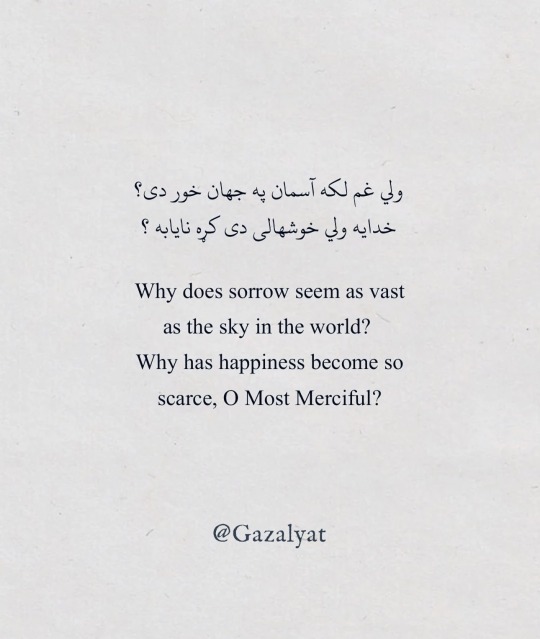#pashto poetry
Text
یار دصفت محتاجه نه دی
My love doesn't need compliments
پہ ګلابونو عطر چا شیندلې دينه
Who has ever sprayed perfume on roses?
#pashto#lit#pashto-literature#pashto lines#pashto poetry#pashto shayari#pashto literature#poetry#pashto ghazal#pashto tappa#pashto quotes#pashto lyrics
3K notes
·
View notes
Text
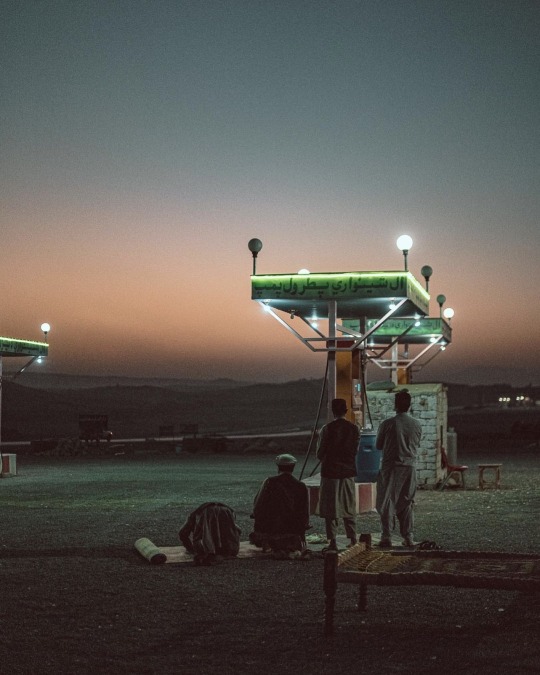
په دې ځمکه کې څومره خلک مشهور دی،
خو په آسمانونو کښې ناڅرګند دی.
او په دې ځمکه کې څومره ناڅرګند دی،
مګر په آسمانونو کې مشهور دی.
How many people are famous on this earth,
but unknown in the heavens.
And how many are unknown on this earth,
but famous in the heavens.
📸: Jake Simkin
#afghanistan#pashto#pashtun#pashto literature#pashto poetry#pashto landays#afghan#khyber pakhtunkhwa#pakhto#pakhtoon#pray for afghanistan#writer#writing#mindset#poems#poetry#thoughts#beautiful#asthetic#simple beauty#allahﷻ#islam#prayer#jannah#typography#poets on tumblr#explore page#follow#pukhtunistan#unfulfilled
83 notes
·
View notes
Text
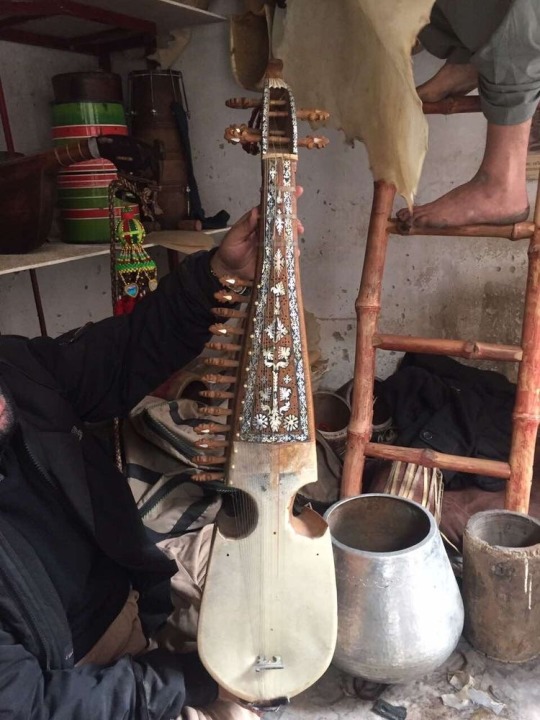
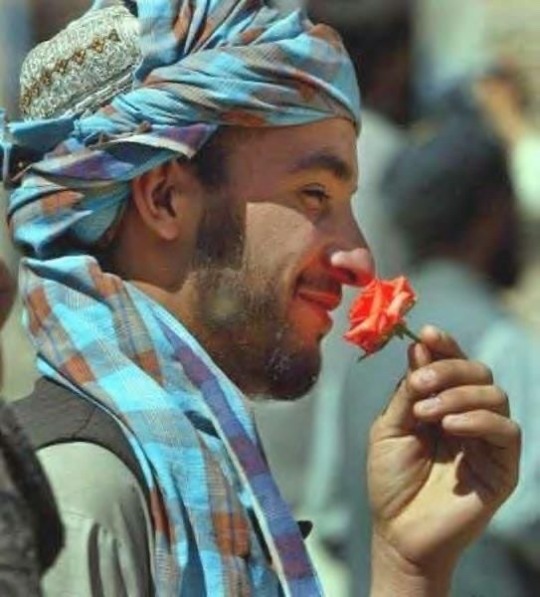
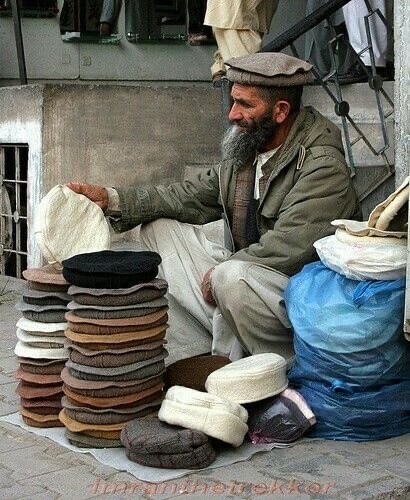
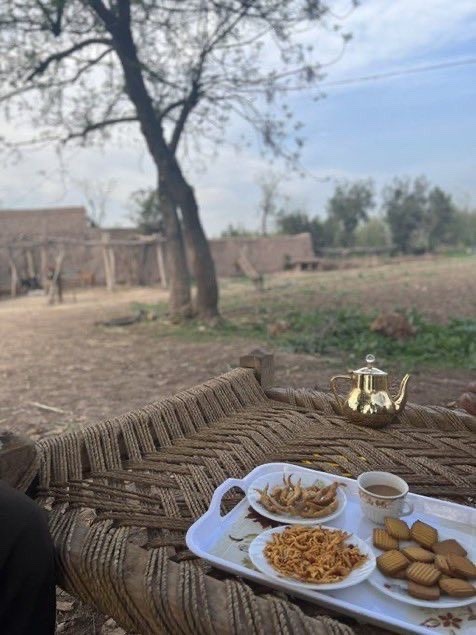
Ma pata da pukhto pa rewajunu ka dildara
- beloved! cover me in the customs of pakhto
#pashto#pashto literature#pashto poet#pashto poetry#peshawar#afghanistan#kpk#pashtun#khyber pakhtunkhwa#pukhtun#culture#native tribe#mardan district
76 notes
·
View notes
Text
Women constitute the backbone of Pashtun society and social organisation. Their role is not only limited to home management, they have played a significant role in all fields throughout history. They have stood in the battlefield with men to defend the motherland and if we look into Pashto literature we find a significant contribution of women and their role in society.
Landey, Tapey and Naarey are three forms of unwritten Pashto folk literature, more than half of this fine and heart-rendering poetry is the work of women.
Landay is a traditional Afghan poetic form consisting of a single couplet. The most enchanting landey have been sung by Pashtun women in battlefields and during episodes of love, such as:
پاس په کمر ولاړه ګله!
نصیب د چا يې؟ اوبه زه در خېژومه
Oh flower on the mountain peak,
It is I who water you, God knows who would own you.
Pashtun women also used landey in the battlefield. We come across events in our national history where the singing of a single landey by a woman has proven to be more effective than weapons.
In the battle of Maiwand, when Pashtuns prepared to fight for their country, a Pashtun maiden proudly sent off her lover to the battlefield and dispatched this message to the commander of this patriotic war:
پر ایوب خان مې سلام وایه!
دا دئ جانان مې کومکي در ولېږنه
Convey my greetings to Ayub Khan,
I have sent off my lover to lend a hand.
When the young Pashtun returns triumphant from war, his lover greets him as such:
د خېره راغلې! په خېر راشې!
چې د دښمن په مخ کې خړ نه شوې مئينه
Welcome! Welcome home, thank God,
You were not humbled before the enemy.
[See photos for more landeys]
Other parts of folk literature are Naara in stories and Gharra in the national dance called Attan and Sundarey (songs) recited in weddings. Most of the Naaras and wedding songs have been authored by women. We’ll look into those in future posts. Stay tuned!
Artwork by minnamamik
Source: Prof Habibi articles
Pashtunology
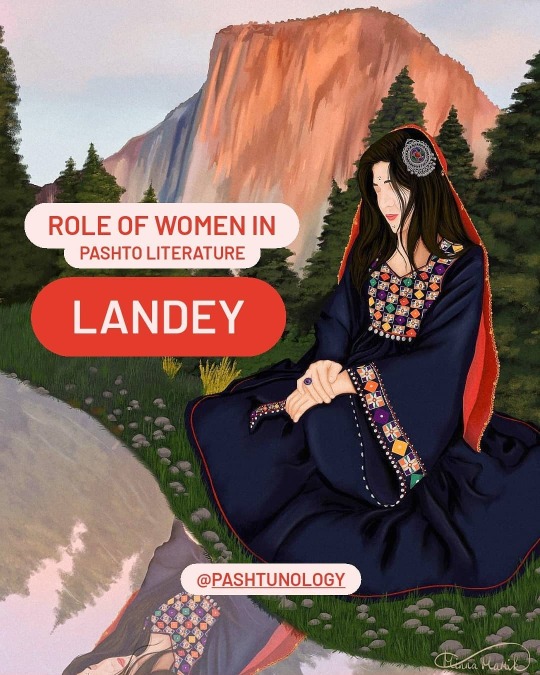

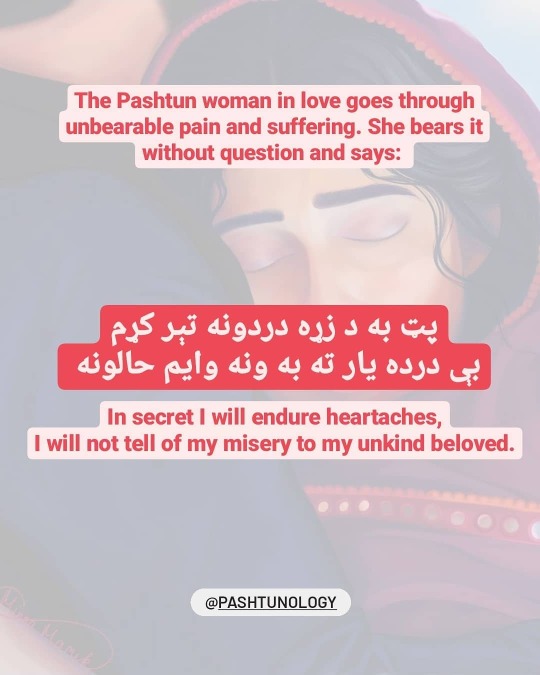
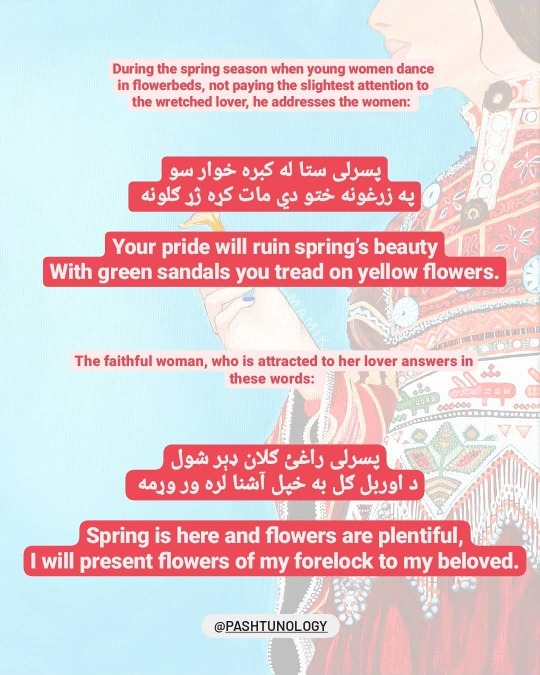

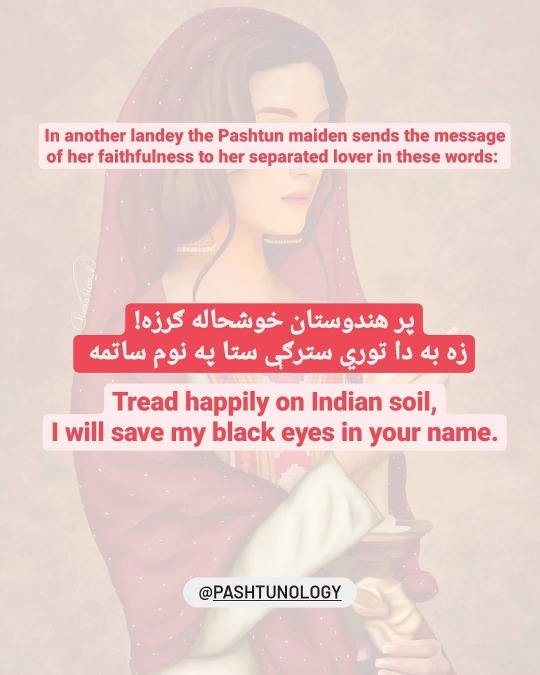
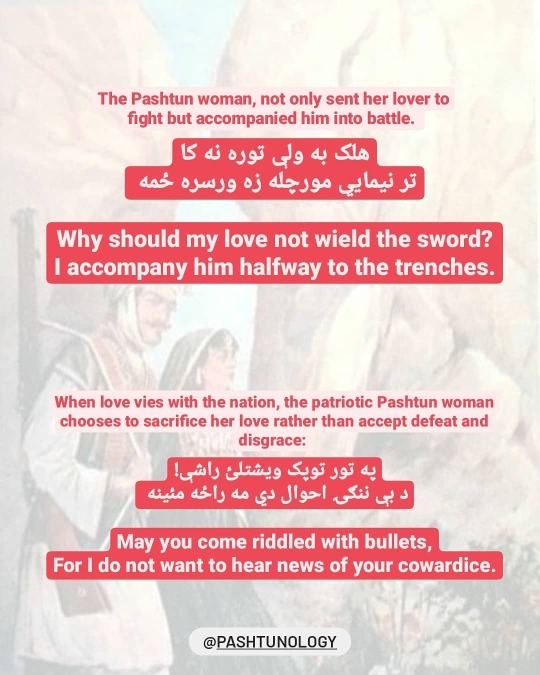


#afghanistan#pashto#pashtun#afghan#art#khyber pakhtunkhwa#pashto poetry#kabul#pashtunology#pashtun history#poetry#پښتو#افغانستان#central asia#culture#pakhtun
25 notes
·
View notes
Text






Starge me dere, aw oledali
Ma da janan starge pa khob ke jarhawe na.
~ I have seen many eyes, but the eyes of my beloved make me weep in my dreams ~
Wajid Layaq
18 notes
·
View notes
Text
په ګډا درته روان یم، زه هم پوهه يمه
تندٙکونه په هر ګام دی او کاڼی لا وریږی
-
میں تم تک رقص کرتا آرہا ہوں، جانتا ہوں
کہیں ٹھوکر لگے گی اور کبھی پتھر لگے گا
- سلمان حیدر
0 notes
Text
ده سر ده سترګو نه مې پناه يي,
ده زړه په سترګو دې هر وخت ديدن کومه.
Hidden from my sight,
Yet i see you within my heart.
54 notes
·
View notes
Text
تمہیں یاد کرنے کے اتنے عادی ہو گئے ہیں ہم, کے اب اگر ملجاؤ تو تمہارے ملجانے پر غم ہوگا.
I'm so accustomed of missing you, that even if I get you I'd be more upset of having you.

#aesthetic#incorrect quotes#literature#love#poetry#poets on tumblr#quoteoftheday#fiction#libraries#urdu ghazal#urdulovers#urdu quote#urduzaban#ishq poetry#pakistan#farsi quotes#pashto#i love you#english#instafollow
22 notes
·
View notes
Text


The struggles of the journey will be worth the destination, the river flows through mountains until it reaches the ocean.
-Sahib Shah Sabir
6 notes
·
View notes
Text
Sometimes we see love, but love doesn't see us.
Sometimes love accompanies us,but love doesn't recognise us.
Sometimes love comes and goes, as if it never came.
Often love leaves us, but its pain remains forever.
5 notes
·
View notes
Text
ورځ دى تيره په شومۍ کړه شپه له خوابه
You've spent your day being greedy and your nights asleep,
خـــــداى به کــله يــــادوى خـــانه خــــرابه
Tell me O lost soul! When are you gonna remember your Lord?
#pashto#pashto-literature#lit#pashto lines#pashto poetry#poetry#remembering ghani khan#pashto shayari#pashto quotes#ghani baba
91 notes
·
View notes
Text

د هرې تیارې نه پس، هلته رڼا ده.
After every darkness, there is light.
📸: Jafar Mosavi
#afghanistan#pashto#pashtun#pashto literature#pashto poetry#pashto landays#afghan#khyber pakhtunkhwa#pakhto#pakhtoon#pray for afghanistan#writer#writing#mindset#poems#poetry#thoughts#beautiful#asthetic#simple beauty#allahﷻ#islam#brave heart#hope#sad poetry#explore page#typography#poets on tumblr#follow#pukhtunistan
45 notes
·
View notes
Text
منم چې ته د حسن د رنګونو باډيوه يی
منم چې ته د مينې د مستئ بله ډيوه يی
منم چې ستا په سترګو کې د نوې نشې اور دې
منم چې ستا په شونډو د سپرلي د خندا شور دې
منم چې ستا نازونه پرهرونه خندوي شي
منم چې اداګانې دې سپرلي لمبه کوي شي
منم چې ستا په زړه کې څه خبره څه قيصه ده
منم چې ستا زما نه څه خفګان دې څه ګيله ده
پوهېږم په غصه غصه کتلو دې پوهېږم
د سترګو د بڼو په خوزولو دې پوهېږم
زه هم څه ويل غواړم خو په زړه زړه کې يرېږم
د مخه دې شرمېږمه د سترګو دې شرمېږم
چې خوله جوړول غواړمه حيا راشي پيکه شم
په ځان پورې خندا راشي د ځان سره کچه شم
دا نه چې زه بې زړه يمه يرېږمه شرمېږم
دا نه چې زه بې مينې يم د مينې نه پټېږم
دا نه چې ستا د حسن په رنګونو بدګومان يم
دا نه چې ستا د مينې په لوظونو بدګومان يم
خو د ماحول د مينې د الفت دپاره نه دې
دا کلي د وطن د محبت دپاره نه دې
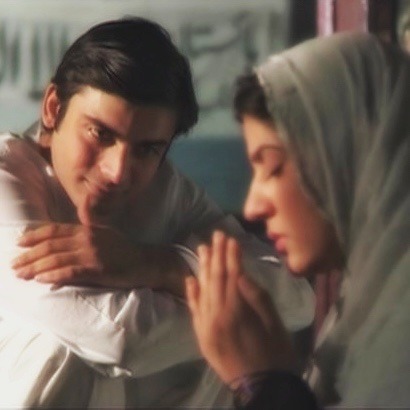
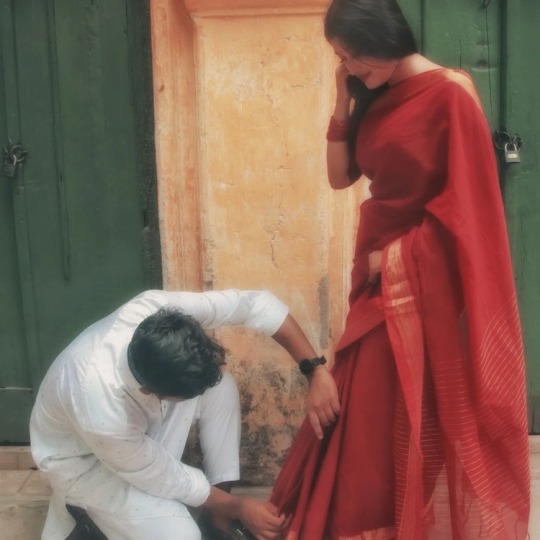
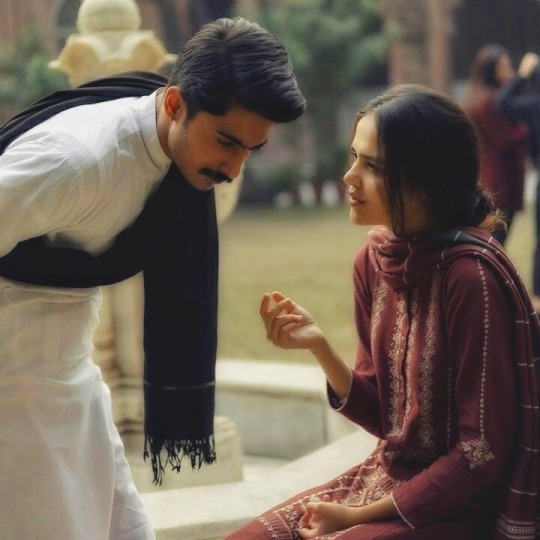

23 notes
·
View notes
Text
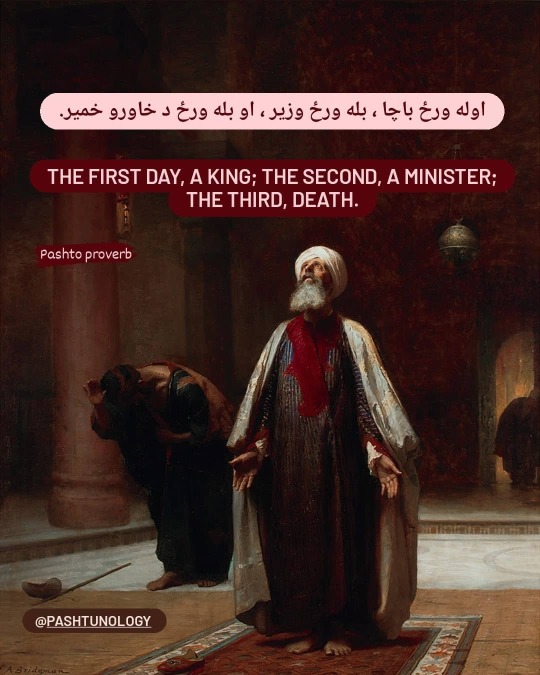
Transliteration:
"Awala wraz baachaa, bala wraz wazir, aw bala wraz da khawro khamir"
The cycle of life is joy, worry and death. A youth is considered free of worry and free to enjoy himself, such as a king should be. The mature man, like a Prime Minister, has the responsibilities and worries attendant upon administering a country.
Alternatively, it is about the untrustworthiness and changing scenarios of life.
The idiom used for death is literally "the yeast (leaven) of dirt" (khawro khamir). When Pashtuns make bread (nän), they leaven it by adding a little bit of yeast (khamir) kept back from the previous batch. In the picturesque language of this rhyming proverb, even the mighty king and wazir (minister) become khamir (yeast) that is added to the earth as part of the cycle of life.
This proverb reminds me of a couple of lines by Ghani Khan.
پرون تخم وم، نن ګل یم، سبا بیا به خاؤره کېږم
زه د باد یوه څپه یم، په صحـــــرا په باغ تېرېږم
"Yesterday a seed, today a flower, tomorrow I’ll turn to dust;
I am a gust of wind blowing over the desert garden"
#afghanistan#pashto#pashtun#afghan#art#literature#proverbs#idioms#pashto poetry#poetry#middle east#central asia#افغانستان#khyber pakhtunkhwa#kandahar#kabul#peshawar#pashtunology
32 notes
·
View notes
Text
" Stargo da janan ke zma khkuly jahanoona di,
Wa dekhla dunia za oogay sta da dunia na yama."
"In my lover's eyes I have my beautiful worlds,
Take your world, I am not hungry for your world."
- Ghani Khan
#writing#poetry#tumblrpost#literature#relatable#art#dark academia#lit#pashto#spilled words#spilled ink#spilled thoughts
4 notes
·
View notes
